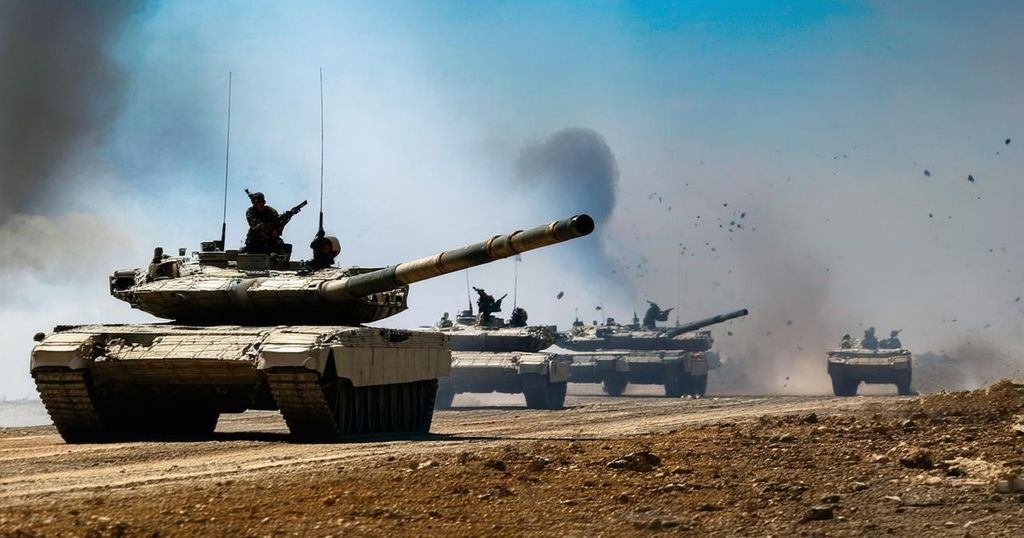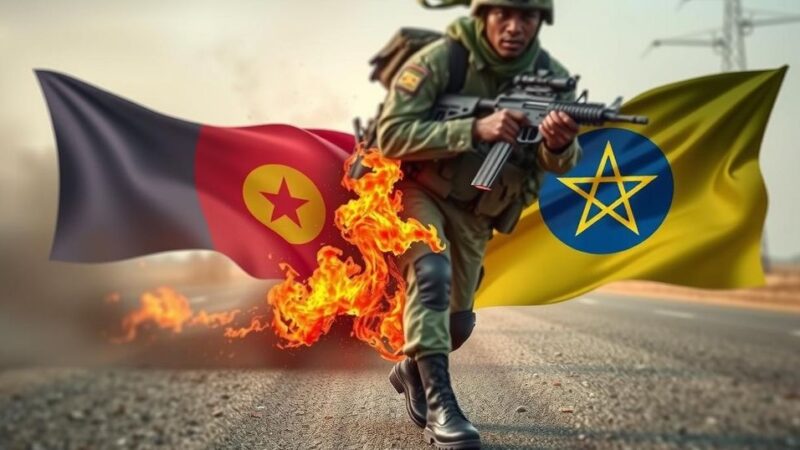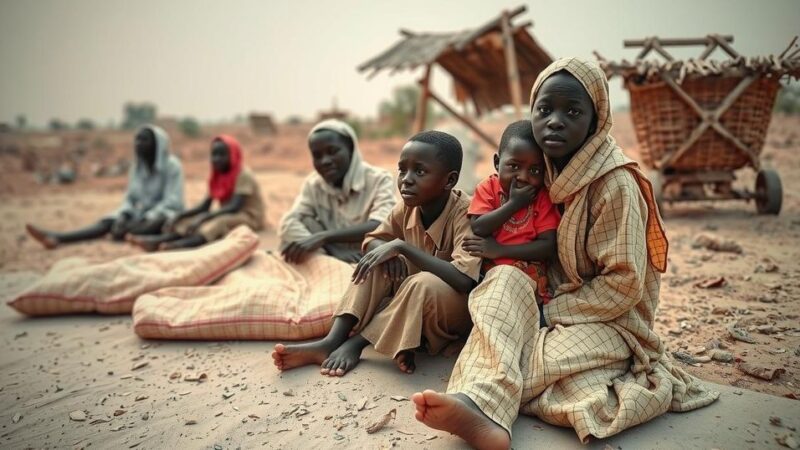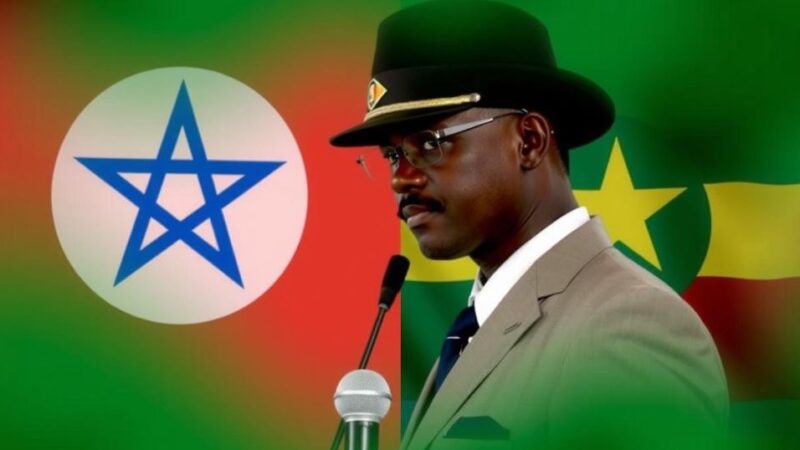Turkey conducted airstrikes in Kurdish regions of Syria and Iraq, claiming retaliation for a deadly attack in Ankara that killed four. The Kurdish Syrian Democratic Forces reported 12 fatalities, including children, from the strikes, which targeted civilian infrastructure as Turkey sought to hit presumed terrorist strongholds associated with the PKK. The situation complicates ongoing U.S.-Kurdish alliances in the region amid potential peace negotiations.
Turkey executed airstrikes late Wednesday targeting Kurdish-enclaved areas in Syria and Iraq in retaliation for a violent attack on a state-owned defense company in Ankara. This incident resulted in the deaths of four individuals and left over a dozen others injured, with the Turkish government attributing the assault to the Kurdistan Workers’ Party (PKK). President Recep Tayyip Erdogan characterized the assault as malicious, denouncing it as a threat to national security. In the aftermath, verified footage indicated significant damage to vital electrical infrastructure in the Kurdish-controlled cities of Kobani and Qamishli. According to the Syrian Democratic Forces (SDF), a coalition of forces allied with the United States, the Turkish strikes resulted in the death of 12 people, including two children, and left 25 others wounded. The Turkish Ministry of Defense reported targeting 47 locations identified as terrorist strongholds across Syria and Iraq, further escalating tensions in the region. General Mazlum Abdi, a commander of the SDF, criticized the Turkish airstrikes for their indiscriminate nature, pointing out they affected civilian facilities, notably healthcare centers. In a statement via social media platform X, he asserted, “We have repeatedly shown our readiness for dialogue. Meanwhile, we affirm that our forces are ready to defend our people and land.” Approximately 900 U.S. military personnel continue to operate in this volatile region as part of an international coalition aimed at combating ISIS. Historically, the SDF has been the primary U.S. partner in northeastern Syrian operations. The U.S. Defense Department and Central Command had not issued any commentary concerning the Ankara attack or subsequent Turkish military actions by Thursday morning. Ankara views the SDF, along with its affiliate the People’s Protection Units (YPG), as closely affiliated with the PKK, which has engaged in a long-standing insurgency against the Turkish state. The PKK is classified as a terrorist organization by Turkey and the United States, with its base of operations traditionally situated in the Qandil mountains of northern Iraq, a region frequently targeted by Turkish military efforts. The attacks in Ankara remain unclaimed, occurring amidst renewed discussions between the Turkish administration and Abdullah Ocalan, the imprisoned leader of the PKK who has been incarcerated in Turkey for over two decades. Omer Ocalan, Abdullah’s nephew and a member of the Turkish parliament, relayed a message indicating his uncle’s willingness to terminate the long-standing conflict. Furthermore, Devlet Bahceli, the Nationalist Movement Party leader and political ally of President Erdogan, has urged Ocalan to address parliament, suggesting terms for potential parole in exchange for disbanding the PKK.
The situation involving the Kurdish-majority regions in Syria and Turkey has been marked by decades of conflict involving the PKK, which seeks greater autonomy and rights for Kurds within Turkey. The PKK’s designation as a terrorist organization by both Turkey and the United States has complicated the dynamics in the region, affecting military and diplomatic relations. The SDF’s partnership with the United States against ISIS has juxtaposed them with Turkey’s security concerns, resulting in violent confrontations and retaliatory strikes, highlighting the complexities inherent in their interactions. The backdrop also includes ongoing peace efforts that oscillate between dialogue aspirations and escalated hostilities.
In summary, the recent Turkish airstrikes in response to an attack in Ankara underline the ongoing tensions surrounding Kurdish forces in the region, with significant civilian casualties reported. The situation remains precarious, as U.S. forces continue to operate alongside the SDF, amid Turkey’s continued military actions against groups it associates with the PKK. The political landscape further complicates with potential negotiations involving PKK leader Abdullah Ocalan, illustrating the intricate balance between military engagement and the search for a political resolution.
Original Source: www.cbsnews.com







